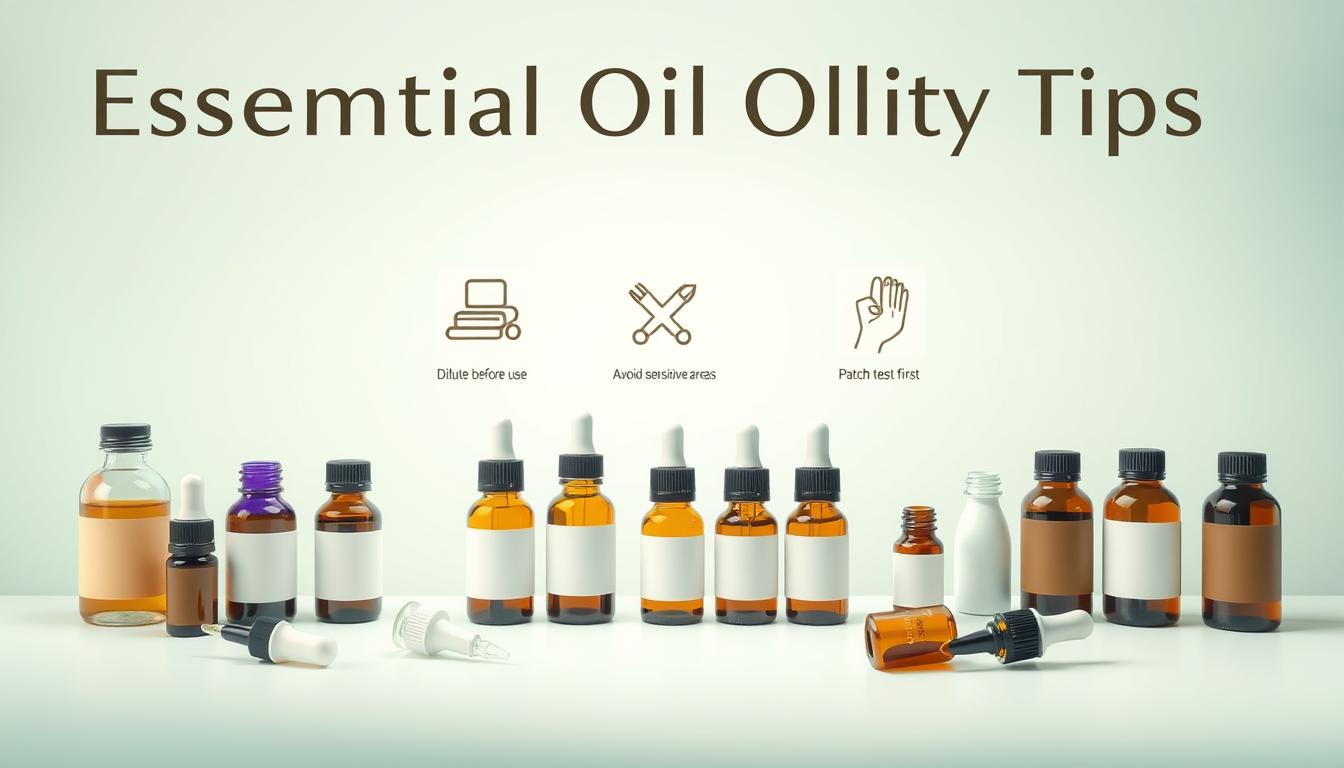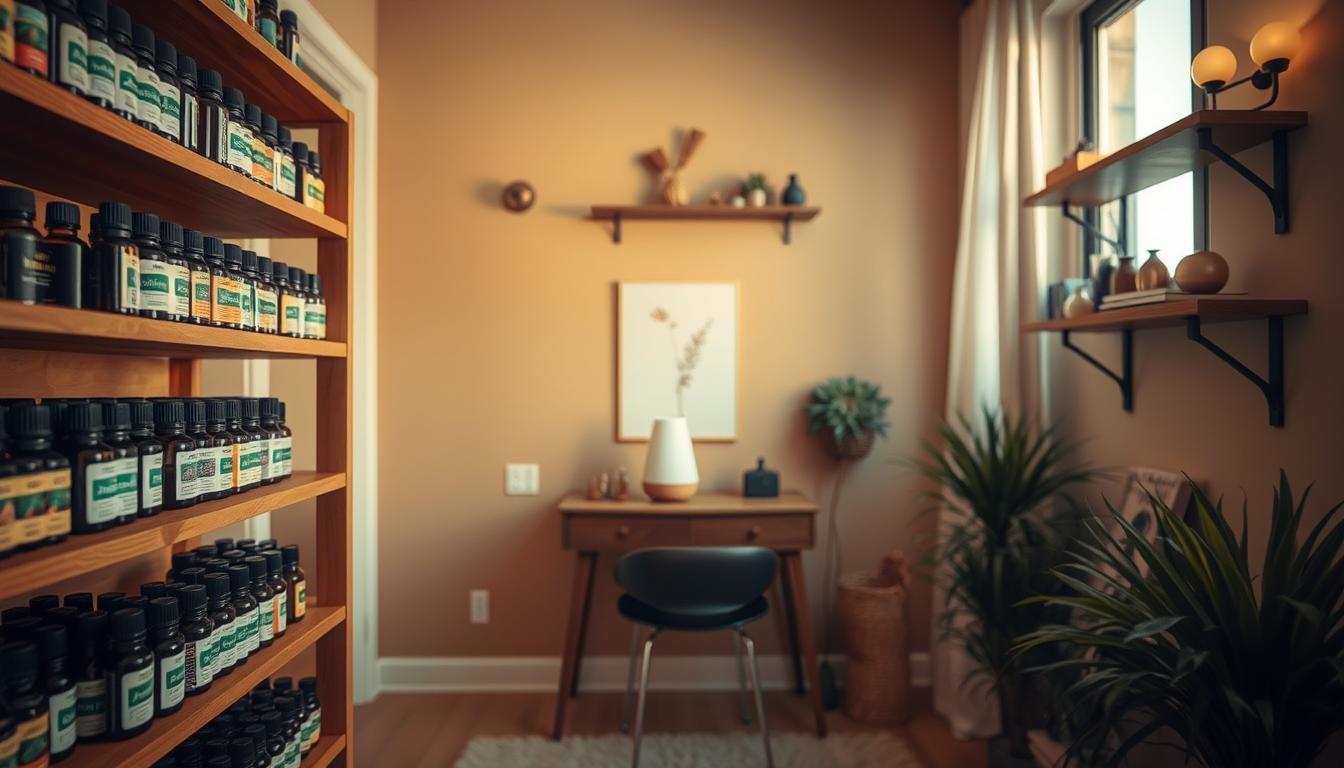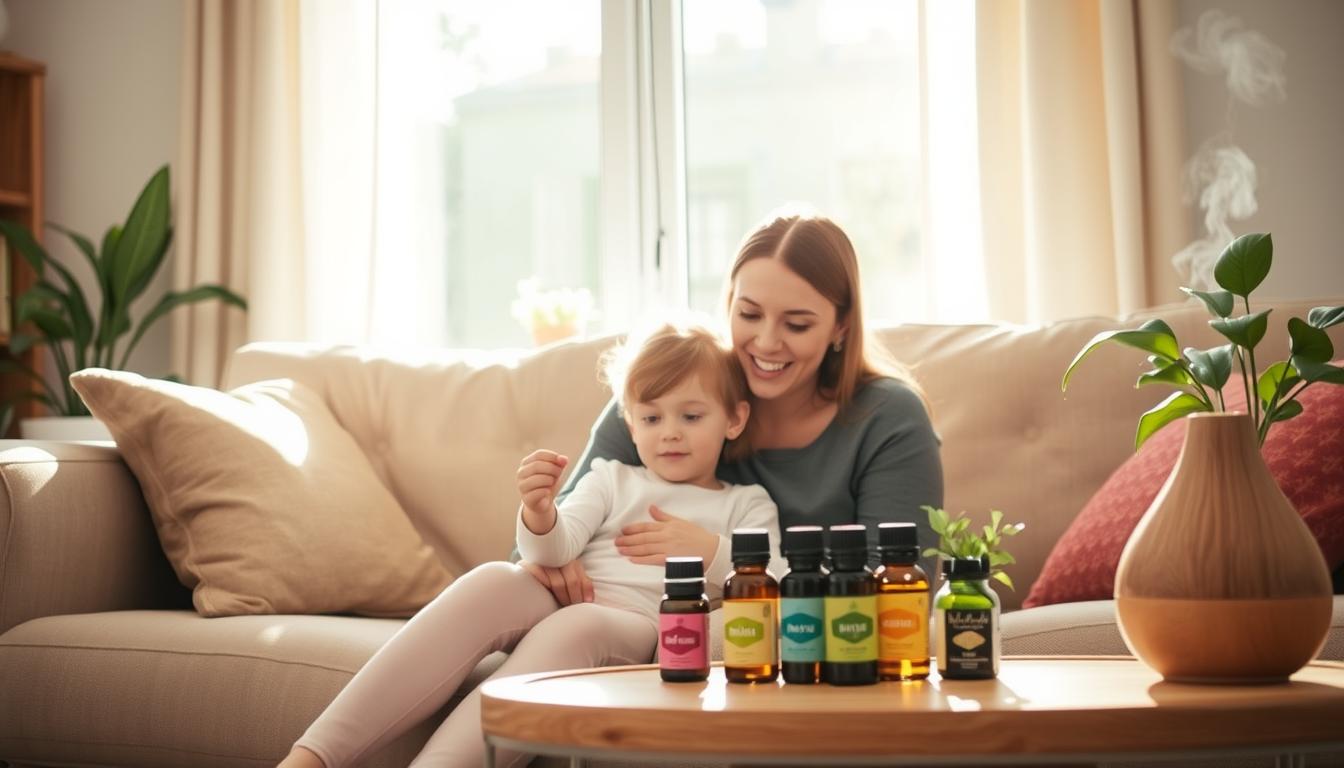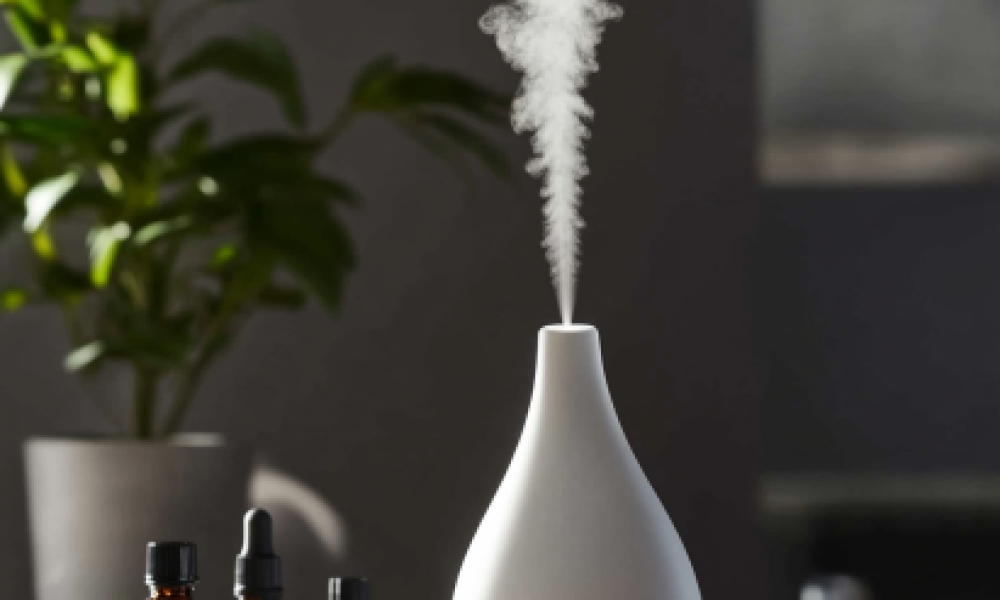Essential Oil Safety
Essential oil safety is the foundation for using oils responsibly and effectively. Whether you’re new or experienced, understanding how to handle, dilute, and store oils correctly keeps you, your family, and your pets safe while you enjoy aromatherapy benefits.
Key Takeaways: Essential Oil Safety
- Essential oils are potent—proper dilution, usage, and storage are critical.
- Children, pregnant individuals, and pets need extra caution and gentler choices.
- Never ingest essential oils unless directed by a qualified medical professional.
- Always patch test and avoid phototoxic or irritating oils.
- Correct storage and a plan for emergencies reduce risk of adverse reactions.

What Are Essential Oils?
Answer first: Essential oils are highly concentrated plant extracts; because they’re potent, they must be used with care. They’re obtained by steam distillation or cold pressing and carry the aromatic compounds of the plant. For a gentle way to incorporate scent in the bedroom, review our serene bedroom sanctuary tips for setting a calming environment that pairs well with safe aromatherapy.
How Essential Oils Are Made
Answer first: Extraction affects purity and strength, which in turn affects safety. Steam distillation is common for lavender, eucalyptus, and rosemary; citrus oils like orange or lemon are typically cold-pressed. Because these methods concentrate bioactive compounds, following essential oil safety—especially for topical or aromatic use—is critical.

Common Uses and Benefits
Answer first: Aromatherapy can support relaxation and sleep when used safely. Diffusers or properly diluted topical blends are typical approaches. For background on scent and sleep, see the Sleep Foundation’s overview of how smell affects rest: Smell & Sleep. For practical diffuser ideas, read Better Homes & Gardens on creating cozy atmospheres with scent: Guest Bed Oasis. If you’re building a restful setting beyond fragrance, explore Feng Shui bedroom layout tips.
The Importance of Dilution
Answer first: Never apply essential oils directly to skin. For healthy adults, a 2% dilution is standard—about 12 drops per 1 oz (30 mL) carrier. For children, older adults, or sensitive skin, use 0.5–1% (≈3–6 drops per 1 oz). Choose gentle carriers like jojoba, fractionated coconut, or sweet almond oil.

Risks of Improper Use
Answer first: Misuse can cause burns, rashes, and long-term sensitization. Citrus oils like bergamot are phototoxic and may cause burns with sun exposure. Hot oils (e.g., cinnamon, clove, oregano) can irritate even when diluted too strongly. Respect each oil’s strength and your skin’s tolerance.
Safety for Children & Pets
Answer first: Children and pets are more sensitive to concentrated oils. Avoid diffusing near infants, and keep all oils locked away from pets. Choose only gentle oils (e.g., lavender, Roman chamomile) and low dilutions in well-ventilated rooms. For broader sleep-friendly room ideas that don’t rely on fragrance, see our temperature-regulating bedding guide.
Pregnancy Precautions
Answer first: Some oils are not appropriate during pregnancy. Avoid clary sage, pennyroyal, birch, and wintergreen. Others—like lavender or frankincense—may be suitable with professional guidance. Always dilute and limit exposure.
Safe Diffusing Practices
Answer first: Use 5–10 drops per session, diffuse 30–60 minutes, then take a break and ventilate. Never inhale directly from the bottle or run diffusers continuously. For soothing, non-scent sleep upgrades, explore organic bedding benefits that complement aromatherapy in an eco-friendly way.
How to Store Essential Oils
Answer first: Heat, light, and air degrade oils. Store in dark glass (amber/cobalt), tightly capped, in a cool, dry place and out of reach of children and pets.
Signs of Degradation
Answer first: Discard oils that smell sour, darken, or thicken—oxidized oils are more irritating and less effective. With proper storage, most last 1–3 years.
Ingestion: A Serious Warning
Answer first: Unless supervised by a qualified clinician, do not ingest essential oils. For a vetted overview of oils and sleep, see the Sleep Foundation’s guide: Best Essential Oils for Sleep. For lifestyle usage ideas (linen sprays and home fragrance), Parachute Home offers practical how-tos: Home Fragrance Guide.
Responding to Reactions
Answer first: Treat reactions quickly. For skin irritation, wash with mild soap and water, then add a bland carrier oil. For eye exposure, flush with water for 15 minutes. If swallowed or severe symptoms occur, seek emergency care or call poison control immediately.
Choosing High-Quality Oils
Answer first: Look for brands that publish GC/MS test results, list full botanical names, batch numbers, and country of origin. Avoid “fragrance oils” or products with additives. Transparent sourcing supports safer, consistent results.
Continuing Education
Answer first: Keep learning to stay safe. Professional organizations such as NAHA and AIA provide courses, standards, and practice guidelines you can reference as your use evolves.
Final Thoughts
Used wisely, essential oil safety lets you enjoy aromatherapy while protecting your loved ones. Follow dilution rules, store oils correctly, and choose quality. If you’re building a calmer, healthier bedroom, browse more guides at Cozy Bed Quarters.
FAQ
- Can I apply essential oils directly to my skin?
- No. Always dilute in a carrier oil to prevent irritation or sensitization.
- Are essential oils safe for babies and children?
- Only very mild oils in very low dilutions may be appropriate. Avoid use for children under 2 without pediatric guidance.
- What are the best oils for beginners?
- Start with gentle options like lavender, Roman chamomile, or sweet orange—and always follow dilution guidelines.
- Can I mix essential oils together?
- Yes, but research compatibility and maintain safe dilution levels for the entire blend.
- How long do essential oils last?
- Typically 1–3 years when stored in dark glass, tightly capped, away from heat and light.
- Is it safe to diffuse around pets?
- Use minimal amounts, ensure ventilation, and keep diffusers out of reach. When in doubt, consult your veterinarian.
Related Reading
Internal (Cozy Bed Quarters)
- Feng Shui Bedroom Tips for Harmony and Better Sleep
- 10 Simple Steps to Create a Serene Bedroom Sanctuary
- Organic Bedding Benefits: 5 Reasons to Switch
External (Approved Sources)























